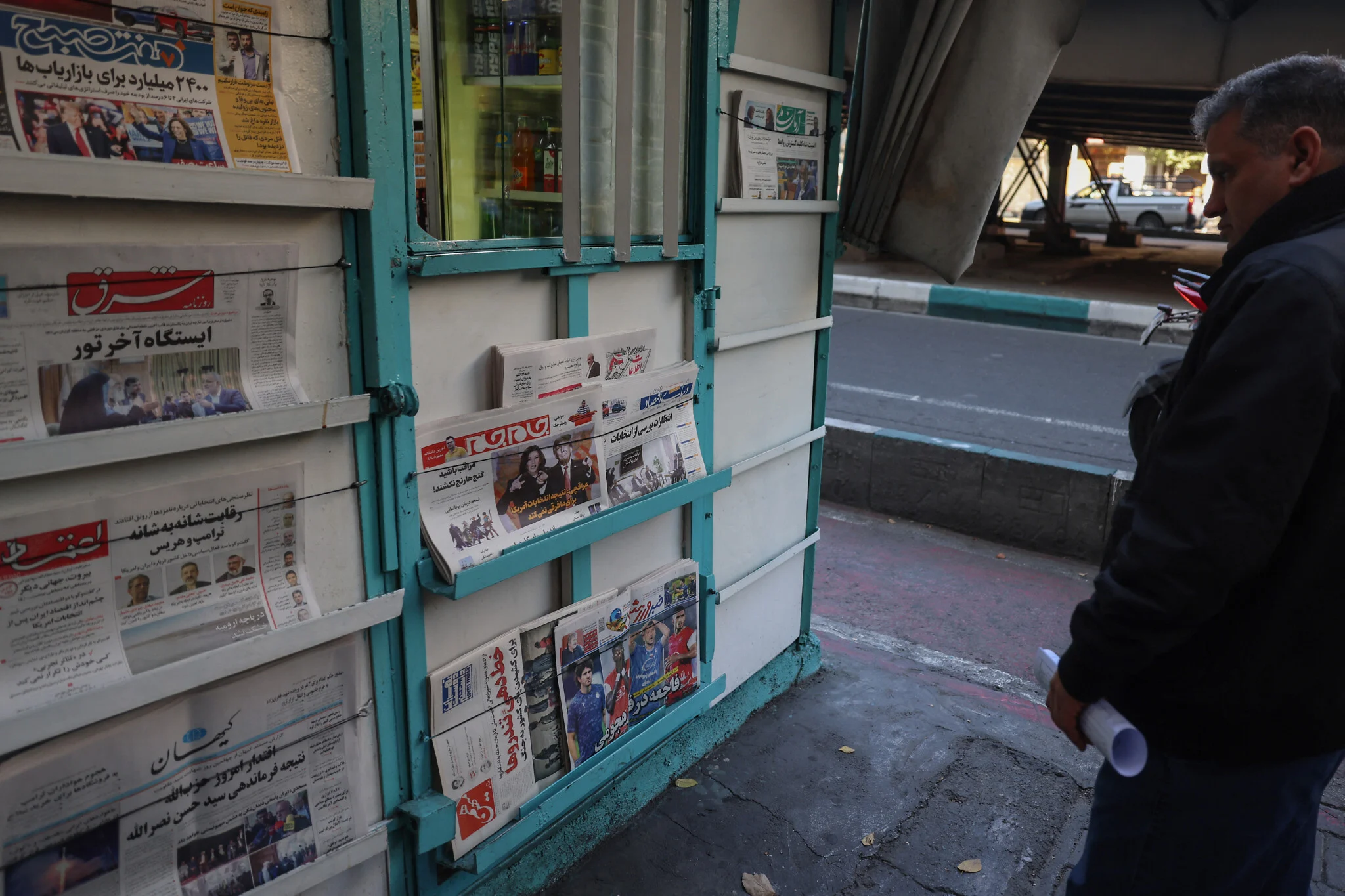
BBC Shelves Gaza Medics Documentary Citing Impartiality Concerns
June 21, 2025
Iran Accused of Abducting Journalist’s Family Over War Coverage
June 22, 2025June 21, 2025 – Palestine/Australia –
Alistair Kitchen, a 33-year-old Australian writer and former Columbia University postgraduate student, was deported from the United States in what rights groups are calling a politically motivated move tied to his reporting on pro-Palestinian student protests. Kitchen was detained for nearly 12 hours by U.S. Customs and Border Protection (CBP) at Los Angeles International Airport before being denied entry and sent back to Australia.
Kitchen had traveled to the U.S. intending to visit friends in New York and continue his writing. However, upon arrival, CBP agents reportedly questioned him extensively about his articles and blog posts that criticized U.S. policy, the war in Gaza, and student-led pro-Palestine demonstrations at Columbia University. According to Kitchen, officers had prior knowledge of his digital content, including deleted blog posts and social media activity.
Agents allegedly pressured Kitchen to surrender his phone and passwords. Although the official reason for his deportation was a past admission of marijuana use—used to revoke his ESTA visa—Kitchen and press freedom groups argue this was a pretext to punish him for his political views. “They said, ‘We both know why you’re here,’” Kitchen recounted. “I’m terrified. This wasn’t about drugs—it was about my journalism.”
The deportation has sparked widespread concern among free speech advocates. PEN America called the incident “gravely concerning,” warning that targeting foreign nationals for their views poses a serious threat to academic freedom and global press rights. Legal experts note a rising trend of “ideological screening” at U.S. borders, particularly affecting writers, researchers, and journalists critical of American foreign policy.
Kitchen’s experience has prompted warnings to other travelers: delete politically sensitive material, use burner devices, and prepare for intrusive questioning. Critics fear this case will set a chilling precedent, where expressing dissent—even abroad—can lead to punitive action at the U.S. border.
The incident raises broader questions about the U.S. government’s commitment to upholding freedom of expression, especially amid increasing global scrutiny over Gaza protest crackdowns.
Reference –




